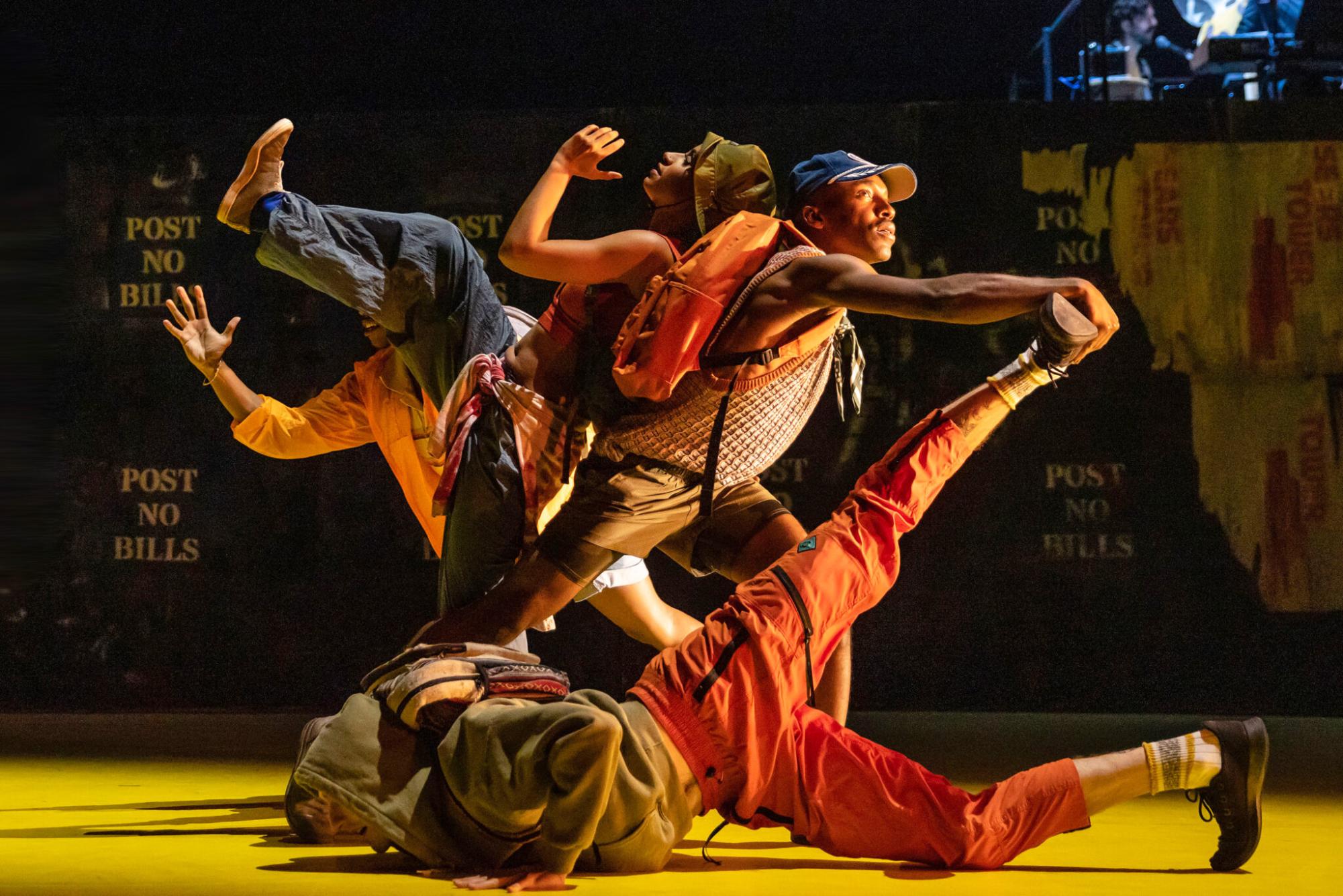Musical History in Illinois

Illinois musical – Illinois holds a significant place in the development of American music, particularly in the genres of blues, jazz, and folk. The state has produced numerous notable musicians and bands who have left an indelible mark on music history.
Chicago, Illinois, emerged as a major music hub in the early 20th century, fostering the growth of blues and jazz. Blues musicians such as Muddy Waters, Howlin’ Wolf, and Willie Dixon, all hailing from Mississippi, migrated to Chicago and played in the city’s clubs, shaping the sound of Chicago blues.
Jazz in Illinois, Illinois musical
Jazz also flourished in Chicago, with musicians like Louis Armstrong, King Oliver, and Earl Hines contributing to the development of the genre. The city’s vibrant jazz scene attracted musicians from across the country, creating a melting pot of musical influences that shaped the sound of jazz for decades to come.
- Louis Armstrong, a trumpeter and vocalist, is considered one of the most influential figures in jazz history. He played a pivotal role in the transition from New Orleans jazz to swing and bebop.
- King Oliver, a cornetist and bandleader, was known for his powerful playing and innovative arrangements. He mentored Louis Armstrong and other young musicians in Chicago.
- Earl Hines, a pianist and composer, was a master of stride piano and a pioneer in the development of bebop. His compositions, such as “The Earl” and “Rosetta,” became jazz standards.
In addition to blues and jazz, Illinois has also played a significant role in the development of folk music. Woody Guthrie, a legendary folk singer and songwriter, spent his early years in Oklahoma but later moved to Illinois. His songs, such as “This Land Is Your Land” and “Bound for Glory,” became anthems of the American labor movement and the Great Depression.
The musical legacy of Illinois continues to thrive today, with the state producing a new generation of talented musicians across various genres. The state’s rich musical history and vibrant music scene continue to inspire and influence musicians worldwide.
Contemporary Music Scene in Illinois
The contemporary music scene in Illinois is a vibrant and diverse landscape, showcasing a wide range of emerging artists, venues, and festivals. From the bustling streets of Chicago to the quaint towns of the Midwest, Illinois offers a rich tapestry of musical experiences that cater to every taste and preference.
Emerging Artists
Illinois has been a breeding ground for talented musicians, with many emerging artists making their mark on the national and international stage. From singer-songwriters like Jeff Tweedy and Sufjan Stevens to hip-hop artists like Chance the Rapper and Vic Mensa, Illinois-born musicians have consistently pushed the boundaries of contemporary music. The state’s vibrant music education system and supportive community have fostered a fertile environment for artistic growth and innovation.
Venues and Festivals
Illinois is home to a plethora of music venues that cater to all types of performances, from intimate club shows to large-scale concerts. The iconic Chicago Theatre has hosted legendary artists like Frank Sinatra, Bob Dylan, and Bruce Springsteen. Thalia Hall, located in the Pilsen neighborhood, offers a more intimate setting for emerging and established musicians alike.
The state also hosts a number of renowned music festivals, including the Pitchfork Music Festival, Riot Fest, and Lollapalooza. These festivals attract music lovers from across the country and the world, showcasing a diverse lineup of artists from various genres.
Diversity of Musical Styles
The music scene in Illinois is characterized by its remarkable diversity, with artists representing a wide range of musical styles. From the bluesy sounds of Buddy Guy and Muddy Waters to the indie rock of Wilco and the post-punk of The Smashing Pumpkins, Illinois has a long history of nurturing musical innovation. The state’s rich cultural heritage and diverse population have contributed to the creation of a vibrant and eclectic music scene that defies easy categorization.
Technology and Social Media
Technology and social media have played a significant role in shaping the music industry in Illinois. Streaming platforms like Spotify and Apple Music have made it easier for emerging artists to reach a wider audience, while social media platforms like Instagram and Twitter have become essential tools for musicians to connect with fans and promote their work. The internet has also fostered the growth of online music communities, where fans can connect with like-minded individuals and discover new artists.
Music Education and Training in Illinois: Illinois Musical

Illinois boasts a robust music education system, nurturing young talent and fostering musical appreciation. From primary schools to prestigious universities, a wide range of programs cater to aspiring musicians.
Music education in Illinois begins in primary schools, where students are introduced to basic musical concepts, instruments, and performance. As they progress through middle and high school, students have opportunities to join bands, choirs, and orchestras, honing their skills and developing a deeper understanding of music theory.
Music Training and Professional Development
Illinois is home to several renowned universities and conservatories that offer comprehensive music training programs. The University of Illinois at Urbana-Champaign, Northwestern University, and the Chicago College of Performing Arts are among the top music schools in the country, attracting students from around the globe.
These institutions offer undergraduate and graduate degrees in music performance, composition, music education, and music technology. They provide students with access to world-class faculty, state-of-the-art facilities, and performance opportunities.
In addition to university programs, Illinois has a thriving music scene that offers numerous opportunities for professional development. Musicians can attend workshops, masterclasses, and performances by renowned artists, expanding their skills and knowledge.